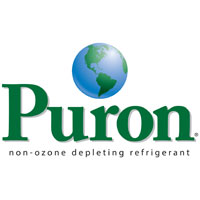Would you ever think about driving your car 100,000 miles without taking it in for an oil change? Well, most people would never do that. Otherwise a breakdown would likely be in the offing. The same logic that goes into taking care of your car should be used with your home heating system. Heater maintenance is vital if you want this appliance to operate as efficiently as its design intended. The best way to receive trouble-free operation at the peak of performance is to schedule regular professional HVAC service each year.
Pre-season heating service is the best way to ensure that your heater will be ready when the first cold snap hits. This offers the best defense against system failure during freezing weather when you need it most. Let’s not forget that just like taking good care of your car will extend its usable life, heater maintenance will also keep your heating system working longer and more efficiently which will save a lot of money.
Speaking about saving money, there are a number of things you can do to improve or maintain the energy efficiency of this appliance. Even though regular maintenance is key, as a home owner you should also be aware that you have it within your power to keep your energy bills down. Here are some suggestions that should help.
Clean the Filter
One of the easiest and most effective ways to keep your heater working better is to clean or change the filter once a month. Of course, if you live in an area that receives a lot of dust in the air, twice monthly may be better. Keeping the air flowing through the filter will prevent the heater from having to work harder just to keep up. This alone will shave dollars off your energy bills.
Clear Debris
Many people do not realize that debris that gets trapped around the outside heating unit will block air flow. For best results, check around the unit every now and then to ensure that nothing like plastic bags get trapped there to block air flow.
Just by taking a few preventive maintenance steps, you should be able to receive better service and energy savings from your heater throughout its expected life. These steps can also help you put off new heater installation for a few extra years.













